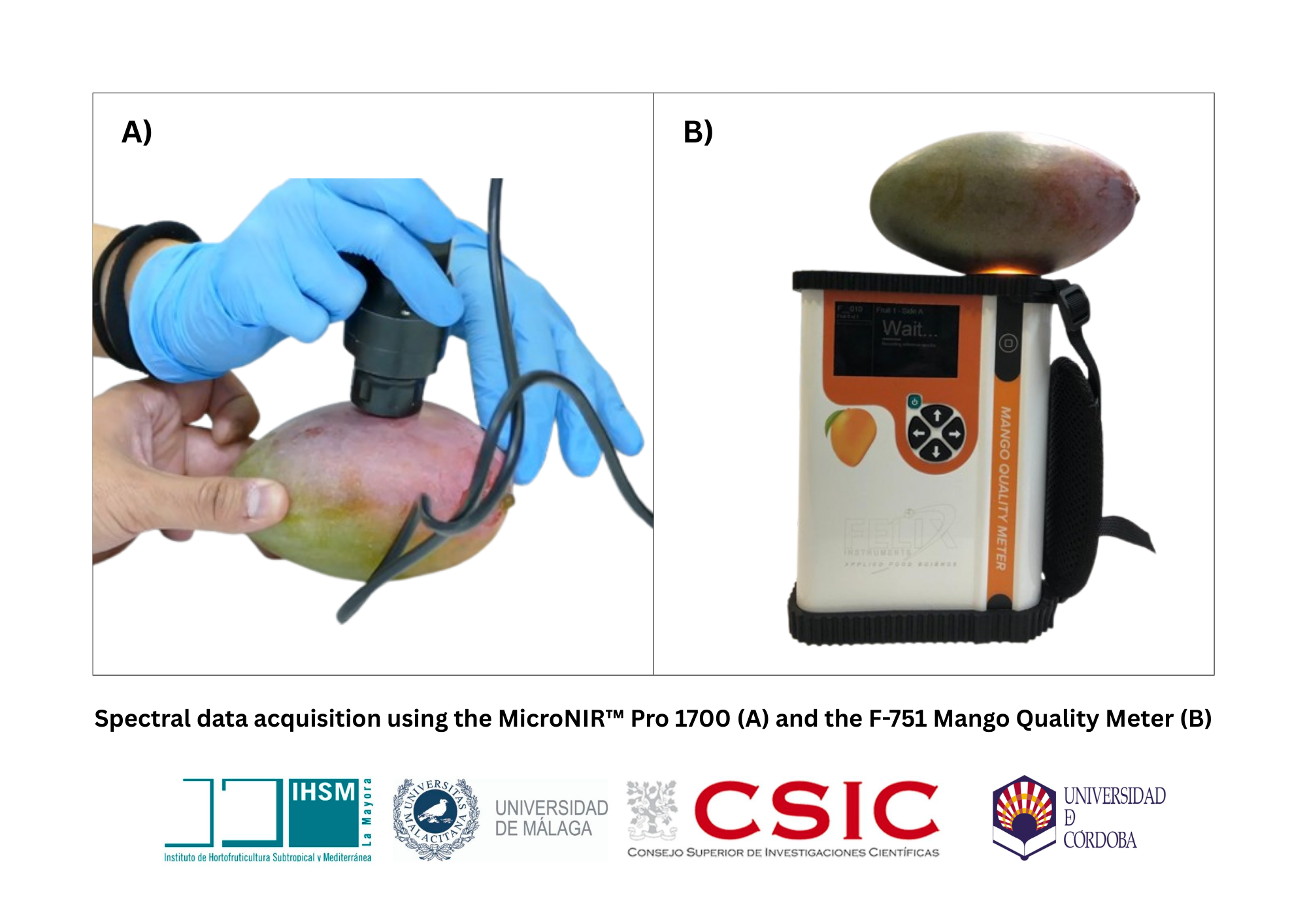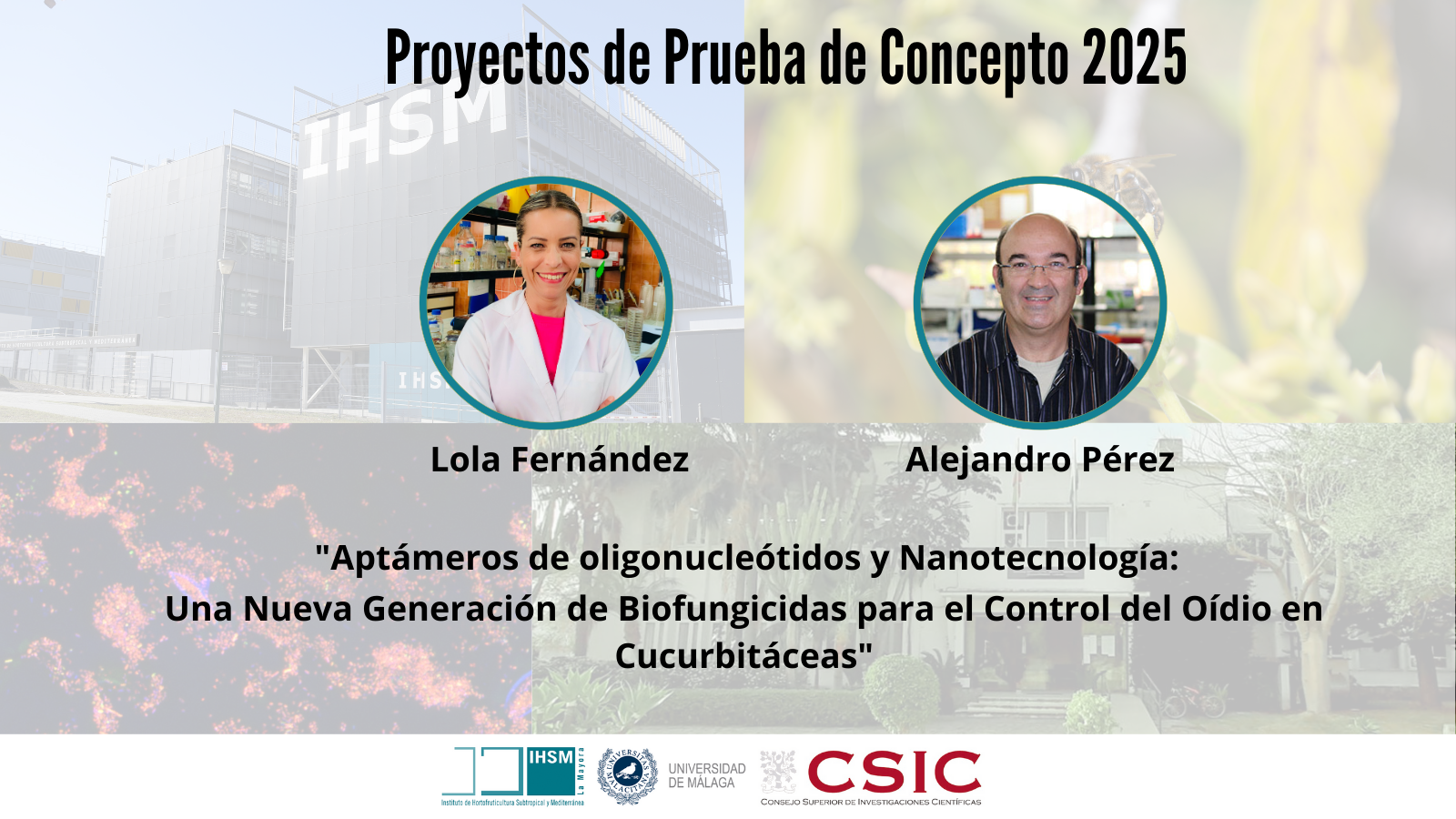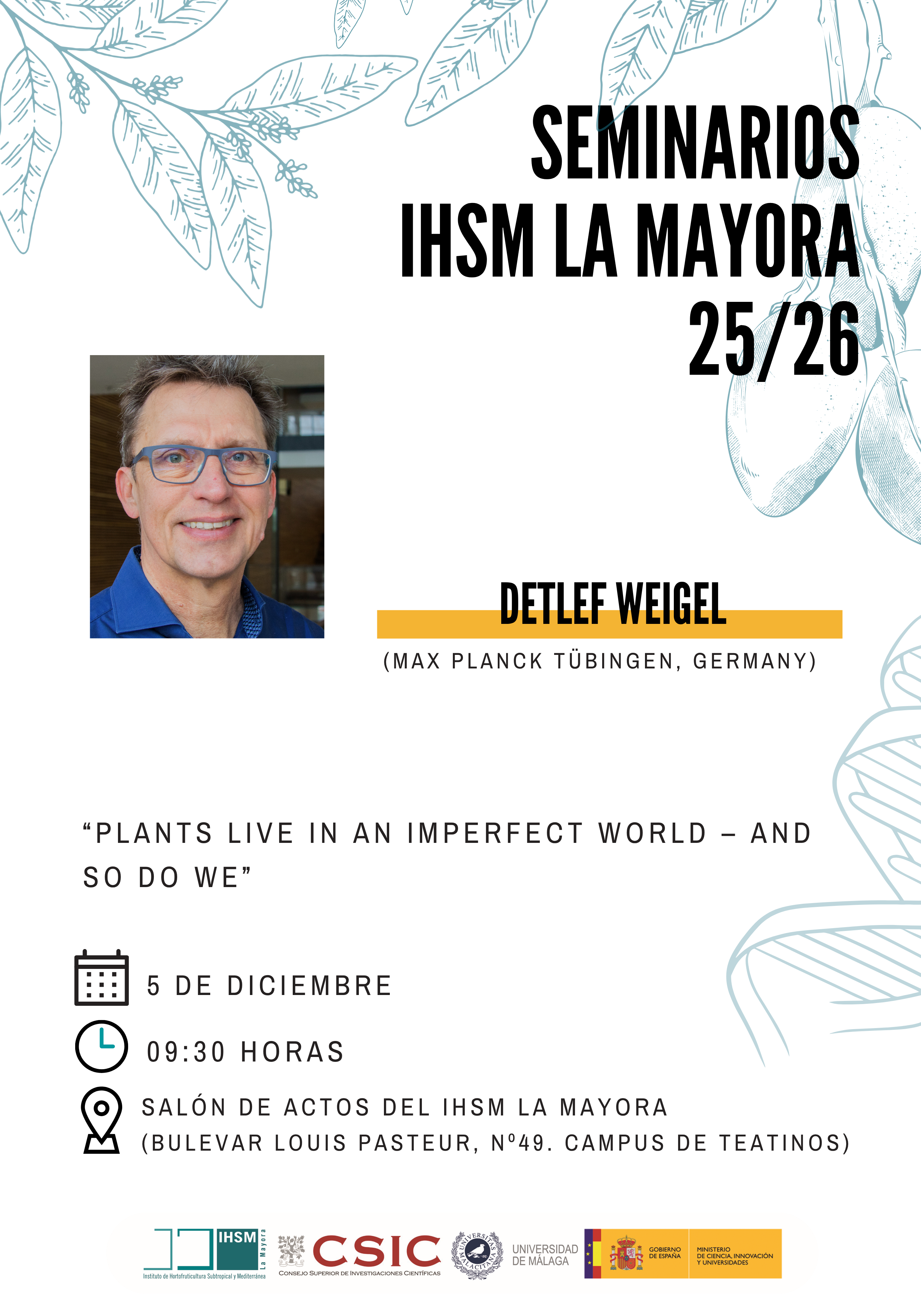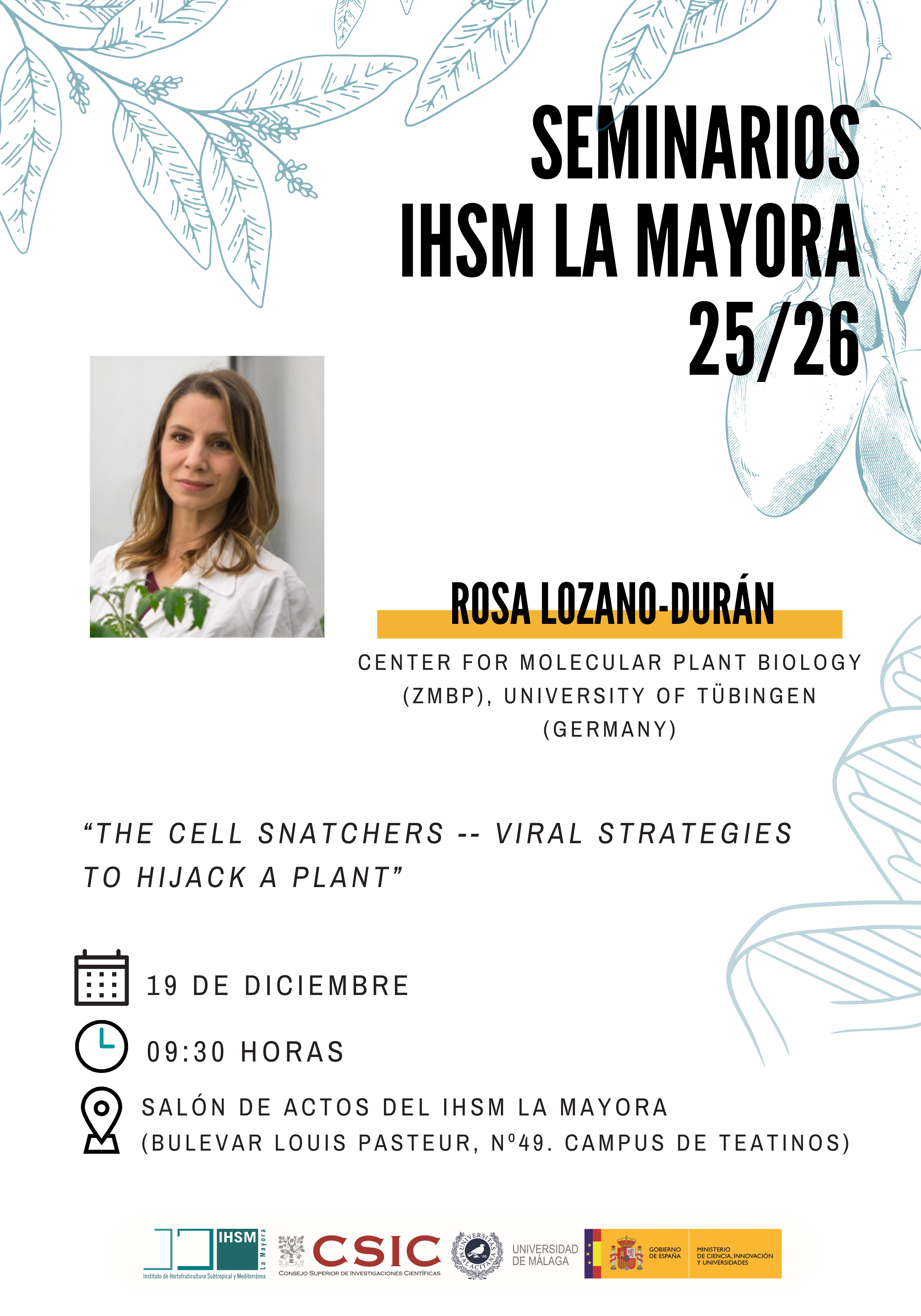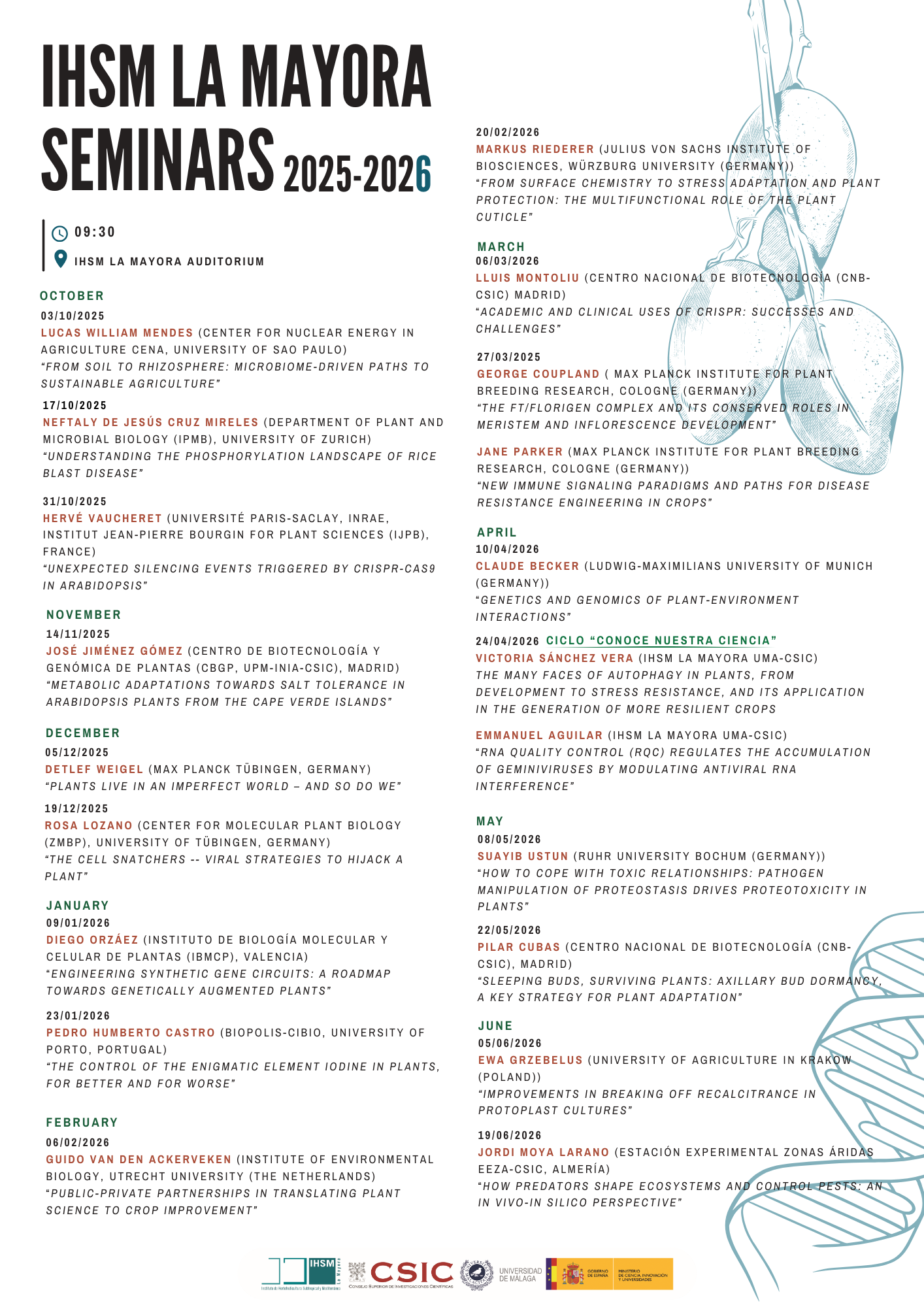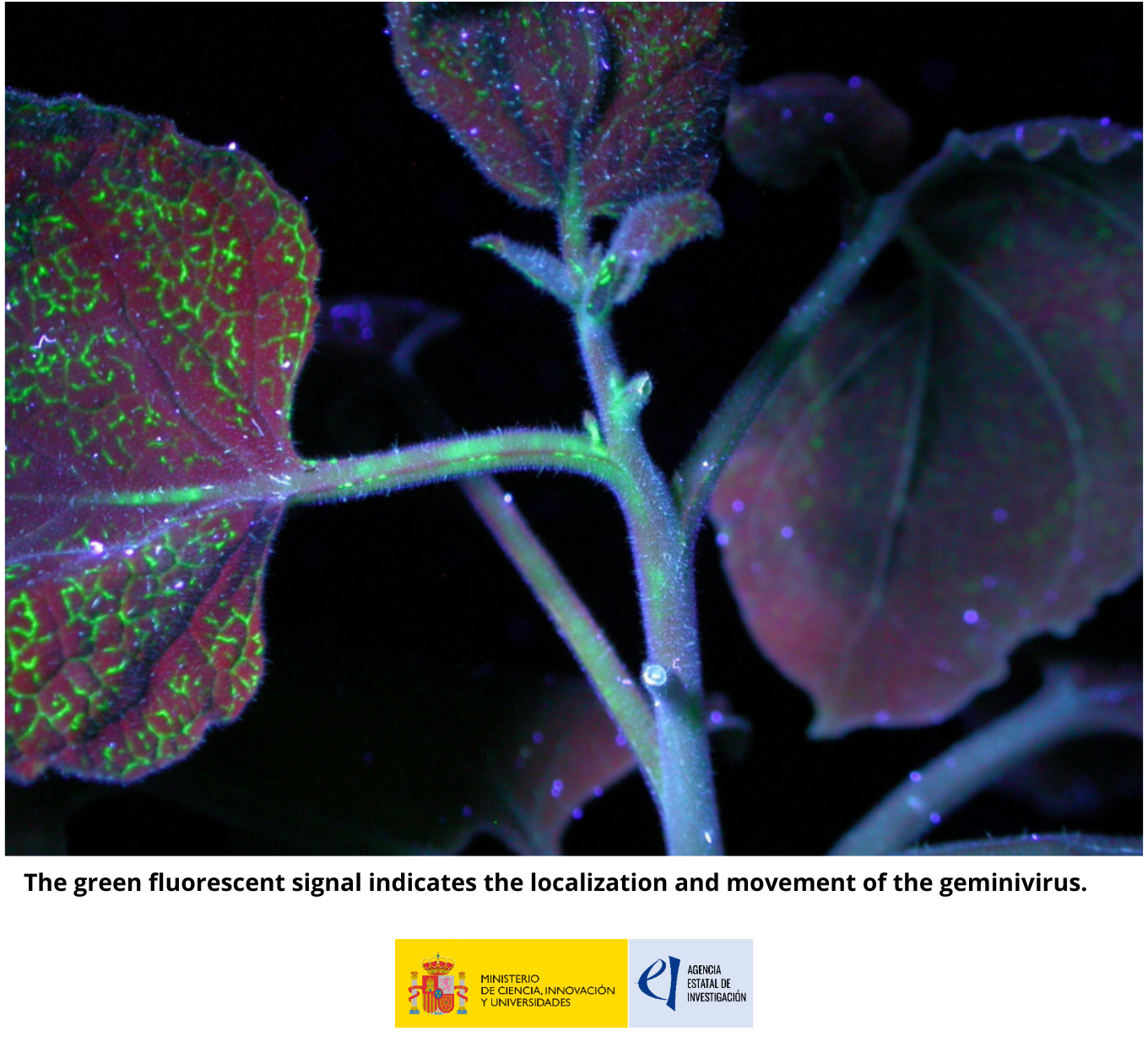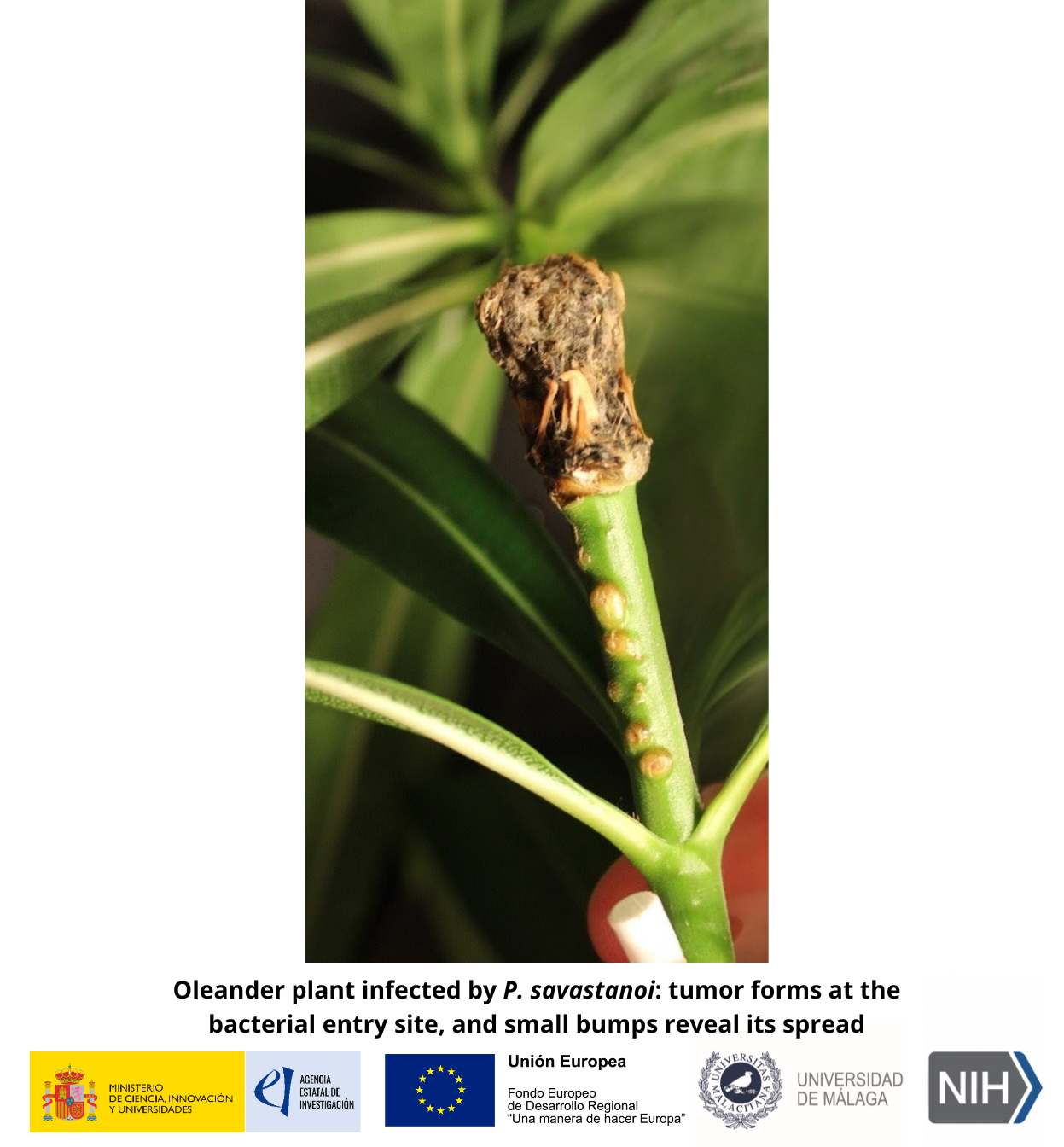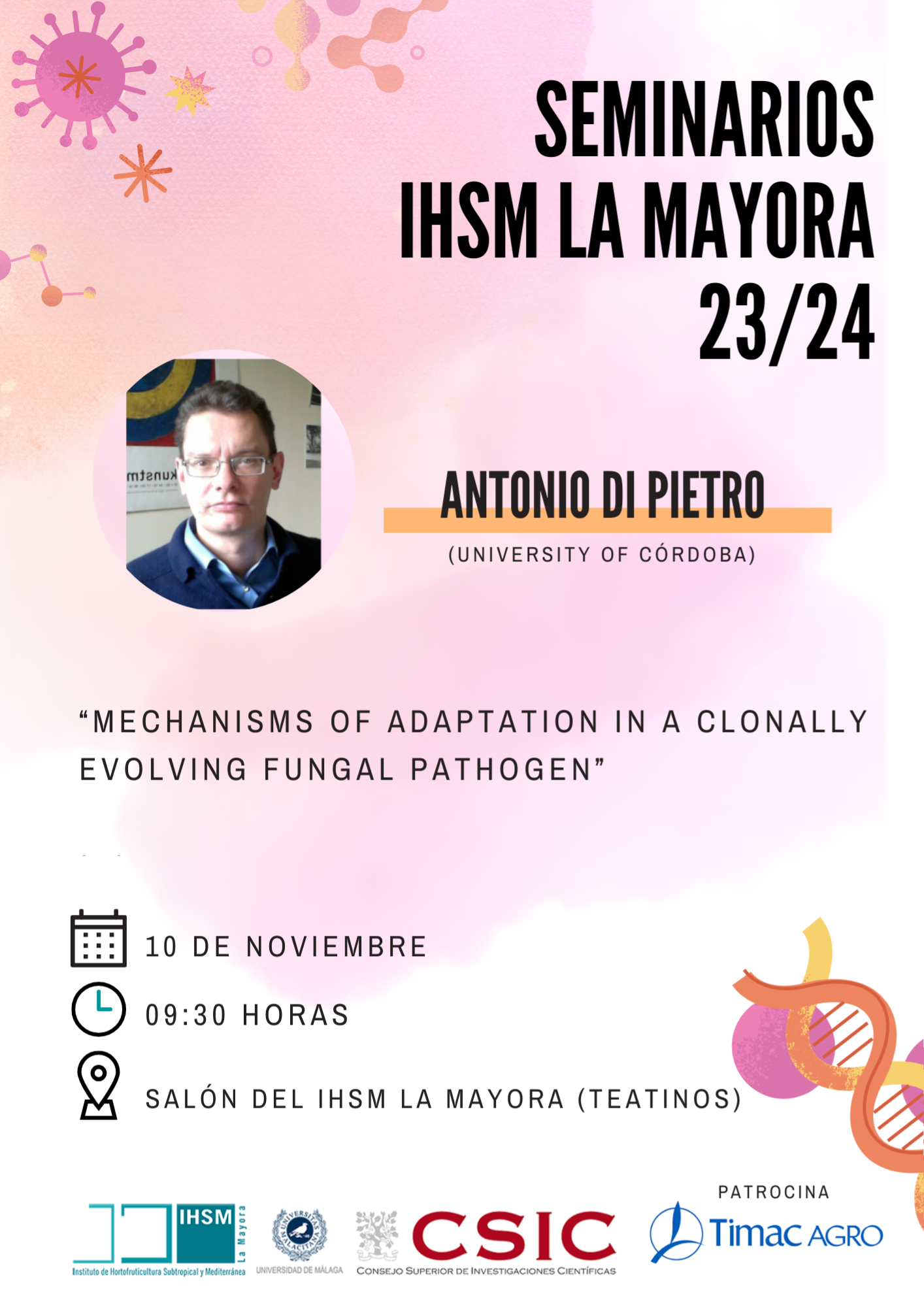
Seminarios IHSM La Mayora - Antonio di Pietro (Universidad de Córdoba)
A hallmark of fungal pathogens is the ability to dynamically re-shape their growth and metabolism during the interaction with the host. The infection process is driven by rapid responses in cell signaling and gene expression as well as by long-term changes in genome structure. Understanding the molecular basis of this remarkable cellular and genetic plasticity is critical to control fungal disease. Our lab combines genetics and cell biology with experimental evolution and large-scale phenotyping to study host adaptation in Fusarium oxysporum. This soil-inhabiting fungus causes vascular wilt disease in more than a hundred different crop plants, as well as life-threatening infections in immunocompromised humans. Our aim is to identify key mechanisms that are of general relevance for fungal pathogenicity and represent potential targets for antifungal control.

